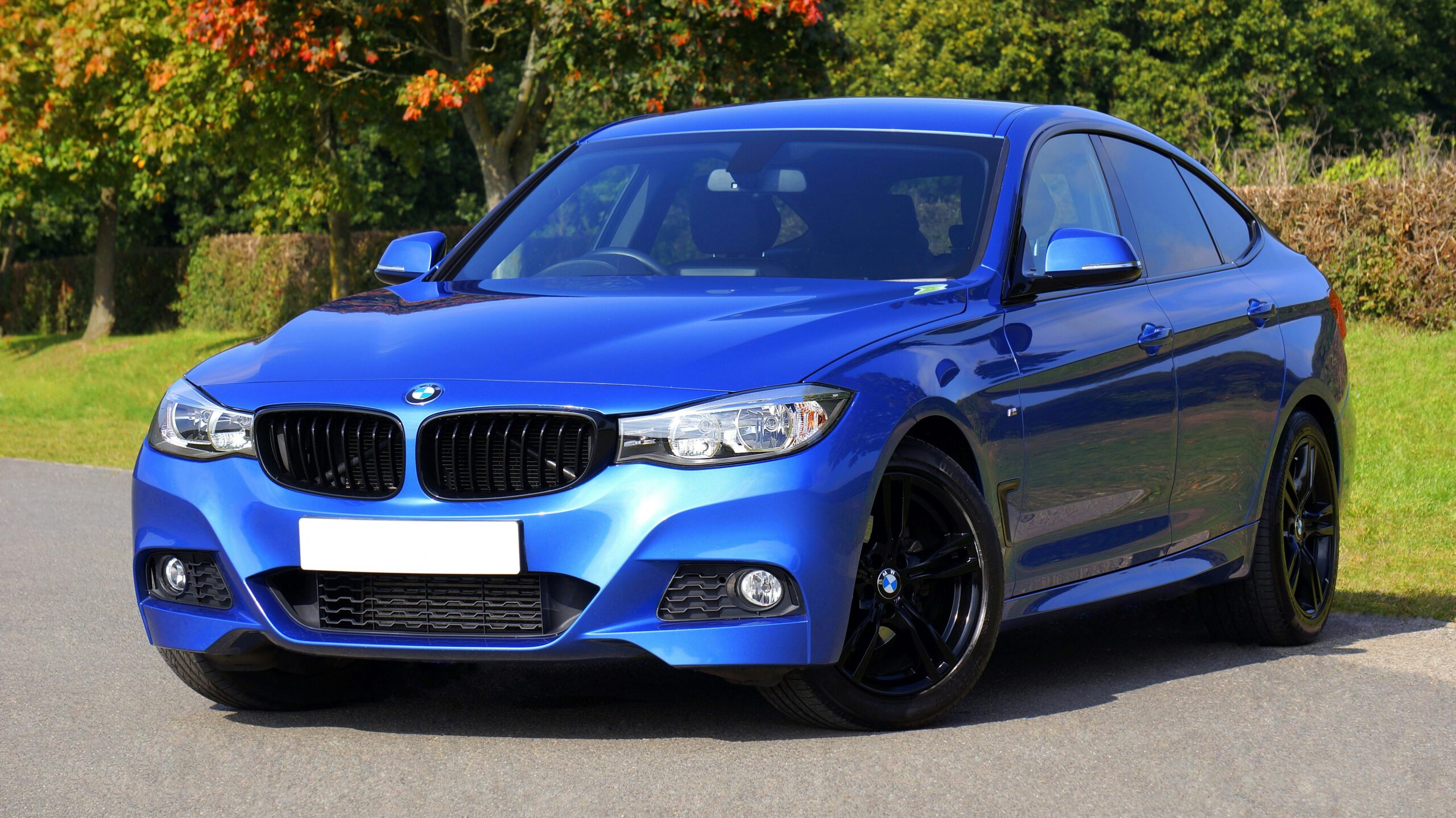For many families, a brand-new car is no less than a luxury. With car prices going up lately, this luxury can cost a pretty penny. But, all said and done, a vehicle of your own is a necessity in today’s times, allowing you freedom to move around independently.
If you’re looking for value without breaking the bank, pre-owned cars can be a great alternative, for various reasons. Let’s find out what they are and why a pre-owned car may be a better financial decision.
Significant savings
A new car loses up to 40% of its value in the first year. Buying a used car means you can avoid this steep depreciation and pick up a newer model at a much lower price.
Slower depreciation
Since most of the loss in value has already occurred, the resale value of your used car won’t fall as dramatically. This means better resale value if you sell it in a few years.
More bang for your buck
The money you may spend to buy a new entry-level model can probably fetch you a higher-end used model in the pre-owned market. That means better features, safety, and comfort at a lower price.
Affordable for first-time buyers
Used cars are ideal for learners or new owners. You get driving experience without worrying too much about scratches or dents, and insurance costs are lower as premiums are linked to the car’s reduced value.
Well-maintained stock
Certified pre-owned options
Leading manufacturers like Maruti, Toyota, Mahindra, and Honda now run certified outlets where cars undergo 100+ quality checks and often come with warranties. Some dealers even offer extended warranty packages.
Organized, transparent market
With dealer-backed networks and online platforms, the used-car market is more structured than ever. Buyers benefit from verified paperwork, ownership history, and transparent pricing.
Lower registration costs
Buying pre-owned also saves you on registration charges, which are tied to the car’s invoice value and state taxes. This further reduces upfront costs.
Easy resale and upgrade
Because you’ve bought at a lower price, your resale loss is smaller. If you like changing cars every few years, this path lets you upgrade more often without heavy losses.
Better value for the cautious spender
Mileage matters more than age. A four-year-old car with 25,000 km on the odometer can still give you years of reliable service, but at a fraction of the original price.
Financing for a used car
Used car loans from banks and NBFCs usually cover 70–90% of the car’s value, with tenures of 1–7 years and rates starting from 11–14%. Lenders decide the loan-to-value based on the car’s age and condition, while fees, insurance add-ons, and prepayment charges can add to costs. Your eligibility for use car loans depends on the car’s age and condition, your credit score. Opting for certified dealers with bank tie-ups can sometimes lower costs and speed up loan approval.
